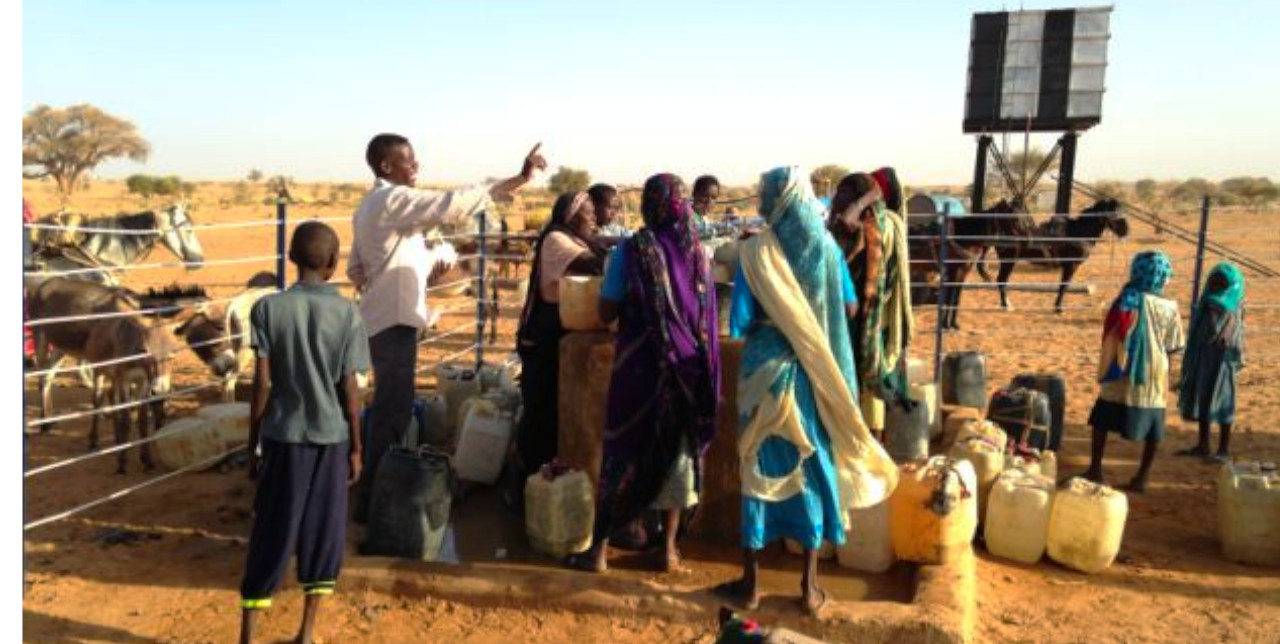01-07-2019 | di COOPI
Kassala, from water to life
Marginalisation, underdevelopment and poverty have long affected the state of Kassala, making it one of the most vulnerable states in Sudan, exposed to climate change, drought and flooding.
The consequences of these extreme events on the livelihoods of the local communities have further worsened their living conditions.
To tackle this multisectoral emergency situation, COOPI launched the project "Promotion of climate change resilience of the most vulnerable populations in the state of Kassala" in December 2018, funded by the Italian Agency for Development Cooperation (AICS).
The project, which will end in December 2019, will reach about 35,737 people among IDPs and host community and aims to increase access to water as part of the water and sanitation and food security clusters, by adopting an integrated approach.
Access to safe and clean water
As Giampaolo Pastorelli, COOPI Project Leader in Kassala points out: "The population continues to suffer from a combination of underdevelopment, lack of basic services and recurring droughts and floods that reduce soil fertility. For this reason, access to water is certainly a main priority.”
Following this logic, improving water supply would provide safe water for food preparation, thus reducing water-related diseases, while enhancing food production, such as vegetables and cereals, for an enriched and diversified diet.
To do so, we will strengthen the existing water scheme with solar pumps, rehabilitate four surface wells for agriculture and distribution (Hand Pump), improve two deep wells and their distribution systems, and promote awareness activities on best hygiene practices, especially for women, children and teenagers.
Agriculture – the key to get out of food insecurity
Despite its agricultural potential, the Kassala state is one of the poorest and most marginalized in the country, as it heavily relies on the rainy season.
To date, due to recurrent droughts and floods that have reduced soil fertility, sorghum, peanut and cotton crops are at risk.
To avoid further harvest losses, we will contribute to improve production and livelihood capacities by encouraging drought resilient farming practices and by distributing agricultural tools, vegetable seeds and fruit trees. We will also strengthen livestock activity by investing in vaccination, reforestation, fodder banks, and environmental education.
COOPI has been present in Sudan since 2004, where it supports the most vulnerable populations, by adopting an integrated approach and focusing on food security, water and sanitation, and sustainable management of natural resources.




 Sudan
Sudan